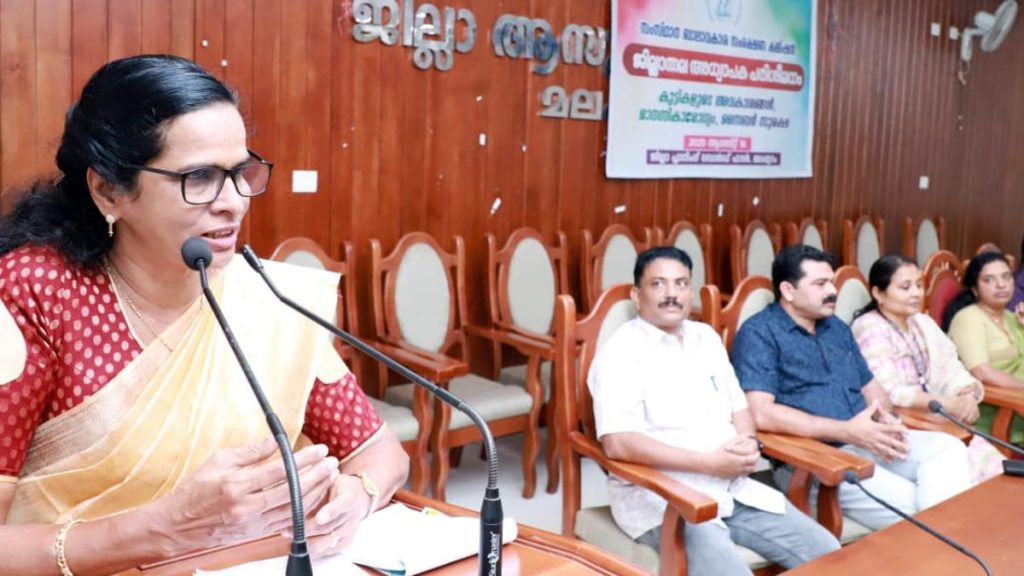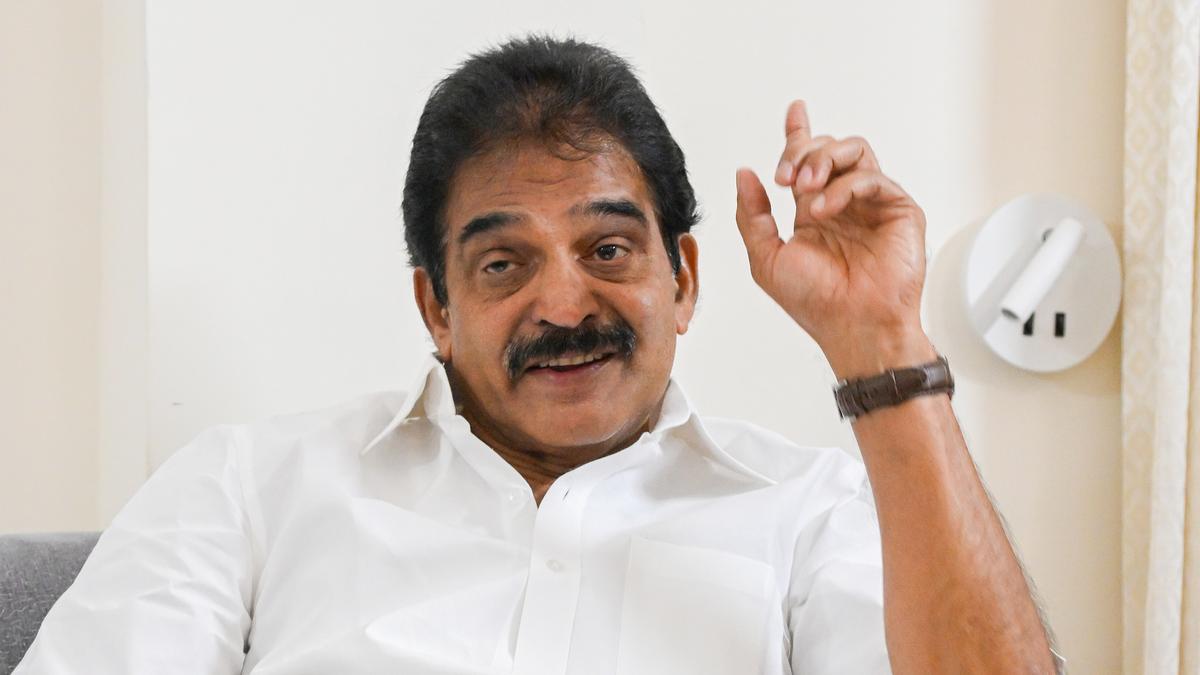Now Reading: Karnataka Announces Plan for 11,500 New Public and Nursery Schools
-
01
Karnataka Announces Plan for 11,500 New Public and Nursery Schools
Karnataka Announces Plan for 11,500 New Public and Nursery Schools
Fast Summary
- Karnataka Government Initiatives:
– Plans to establish 6,500 Karnataka Public Schools (classes 1-12) in English and Kannada medium across gram panchayats.
– To set up 5,000 nursery schools for rural students to facilitate pre-school education.
- Teacher Recruitment & Training:
– Short-term solution: Appointment of temporary teachers to address shortages.- Long-term plan: Regular teacher recruitment underway.
- Student Support Programs:
– Free coaching for NEET and JEE exams offered to over 25,000 pre-university students in the state.
- Concerns Highlighted by Officials:
– Reports of over 93,000 school closures nationwide; employment challenges for youth persist at an estimated rate of ~87%.
- Other Educational Developments in dharwad District:
– Union Government allocating ₹60 crores for infrastructure development-painting over schools, distributing desks (31,600+), constructing toilets and canteens under CSR grants.
- Leaders including Minister Madhu Bangarappa emphasized education-centric village development.
Indian Opinion analysis
The Karnataka government’s push toward creating a robust network of public schools from preschool to high school demonstrates a serious commitment to enhancing educational reach and quality. The integration of English-medium education alongside Kannada seeks to balance cultural preservation with modern skill development. However, the issue of teacher shortages highlights administrative hurdles that require prompt resolution if these initiatives are expected to thrive.
With literacy rates climbing towards ~75% nationally sence independence-as noted by Santosh S. Lad-it is indeed essential that states proactively address emerging educational setbacks like nationwide school closures or lackluster youth employment opportunities. Infrastructure improvements through CSR contributions signal growing partnership between governments and private entities which could serve as a replicable model.
The long-term implications on rural life could be transformative if executed efficiently; however,sustained investment in hiring qualified teachers remains basic. A consistent focus on integrating vocational training may help align educational outcomes with employability-a critical necessity given India’s demographic dynamics.
For more details on this topic: Read More
























